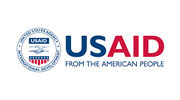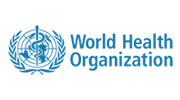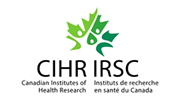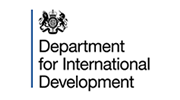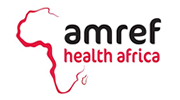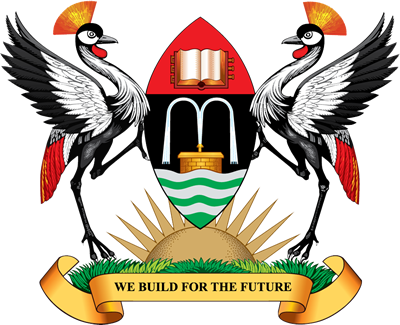The National Malarial Control Programme (NMCP), Uganda, commissioned this rapid assessment to gather evidence to help improve management of severe malaria, especially at the primary levels of the health delivery system. This follows the adoption of injectable artesunate (Inj AS) as a first-line treatment for management of severe malaria in both children and adults; and the further expansion of management of severe malaria in children to include the use of rectal artesunate (RAS) as a pre-referral intervention. The rapid assessment explored how Uganda can enhance case management of severe malaria at primary level health facilities (III & IV) which are closest to communities and should serve as the first point of contact for health services for many people.
The objectives of this study were: 1) To explore the capacity of severe malaria service delivery at selected primary level health facilities, and 2) Identify challenges and opportunities for improving service delivery and provide recommendations on how identified gaps can be addressed.
The 6 months study was funded by the Severe Malaria Observatory.
Results from the study showed that the management for severe malaria at levels III and IV in Uganda, has room for improvement. Inj. AS has reached both types of facilities, but without adequate support in terms of training, reference materials and referral.
